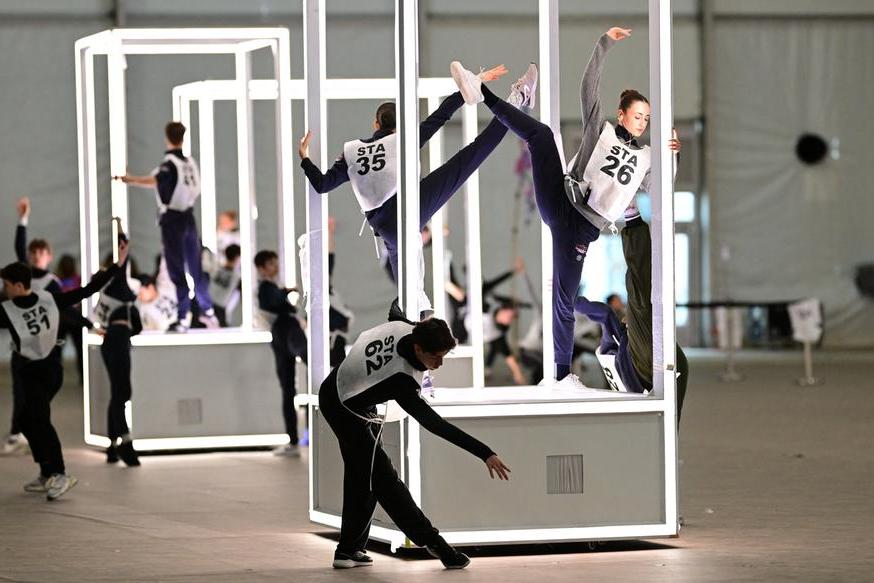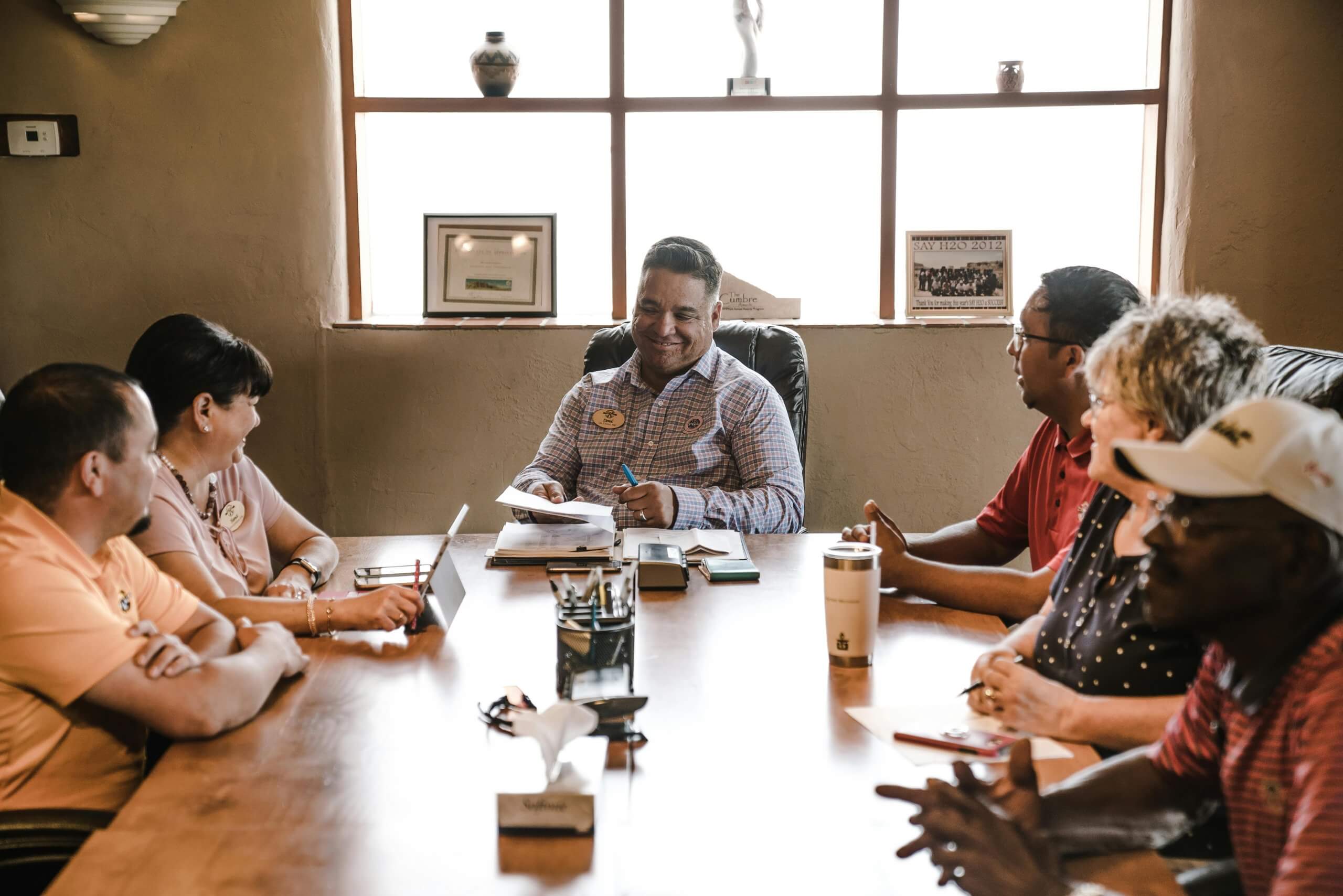Frankie Stokes, manager, marketing, CMI Media Group
Maintaining connections has become more critical and more meaningful than ever.
According to a recent Gallup poll, only two in 10 US employees feel connected to their company’s culture. However, those who do feel connected to their organization’s culture are more likely to be engaged at work and less likely to feel burned out.
As CMI Media Group and Compas have scaled in size, both in the US and in Europe, the agencies have emphasized maintaining effective and intentional connections. Rather than mandated office days or a required in-office schedule, the agency encourages key business activity days and team building to allow flexibility while still fostering connection. This key differentiator has helped the agencies recruit and retain their top talent.
The agencies’ strategy goes beyond connecting with peers, and expands into regular, authentic and welcomed connections with executive leadership. As the organizations grow and expand globally, maintaining human connection and a sense of belonging remains their top priority.
In this Q&A with Julie Missaggia, Chief People Officer at CMI Media Group and Compas, Susan Dorfman, president and CEO at CMI Media Group and Compas, and Jim Woodland, CEO at Compas, the conversation focuses on how the organizations have developed an open-door environment in hybrid workplaces — even across continents.
What activities and initiatives have the agencies developed to maintain connection and camaraderie?
Julie Missaggia: To foster connection, we introduced initiatives throughout all levels of leadership.
For instance, in CEO skip-level experience conversations, our CEOs meet with employees outside of their direct reports to discuss what their experience with the organization has been like and hear ideas for how to make our organization better. The thought is that good ideas come from anywhere in the company.
The executive leadership team hosts regular roadshows and lunches, both virtually and in person, to discuss the role of each employee in the future of the company. By building informal relationships, employees get to know each other both personally and professionally. The executive leadership team also holds monthly bell ringers to celebrate the fantastic work our employees have accomplished and the values they demonstrate.
Open-door culture is followed by all levels of leadership. In our office spaces, there are no employee offices and all leaders are expected to make themselves accessible to their teams. Our cultural philosophy is that great things happen when we collaborate, and we have made design changes to our offices to allow for more collaboration and connection.
There is a mindset expectation of our leaders and for our employees to assume positive intent, allowing for more productive and open conversations in our open-door culture. This culture goes both ways — you can expect an executive leader to ping or set up time with an individual contributor, just as likely as you can find an individual contributor reaching out to a leader to set up time to discuss an idea or ask for coaching on how to work through a challenge.
How has implementing these connective ideas impacted the agencies?
Julie Missaggia: Our employees have come to expect intentional collaboration and access to leadership. They’re also incredibly open to giving feedback, which is a gift. It has allowed us to continuously optimize our practices and programs to meet people where they are as we have continued to grow. In a company like ours, where the growth has been substantial, and the distribution vast, it’s hard to maintain cultural practices. For instance, listening programs like surveys help us better understand employee sentiment, but overall, it’s important for company conversations to evolve with its employees and for its clients.
Regardless of location, our employees have a strong desire to build and maintain solid working relationships with one another. We’ve created in-office groups like CREW, enhanced our support of our social clubs to add a Virtual Social Club, and have continuously added employee resource and community groups to help our employees find common ground outside of a work transaction to deepen their connection to our values and each other.
Because our inspiration comes from our people, these practices continuously evolve. The results are in the numbers: we’ve proudly lowered first-year turnover for new employees and are incredibly proud of our below-average industry turnover.
What do you hope to achieve by ensuring the executive leadership team maintains open, honest communication with your staff?
Susan Dorfman: Our approach is intentional to our culture and values. We are proud of the growth we’ve seen in our companies, but we know our growth and success are thanks to our people. The experience and passion they bring have been integral to our success, and we strive to deliver that same positive culture to our clients. Maintaining open and honest communication with our staff builds trust and ensures our employees will want to grow their careers with us.
Jim Woodland: We have so many stories of employees who started here early in their careers and have grown into leaders — not just within our company and for our people, but also in our industry. When our employees feel heard, and we’re open and honest with them, we demonstrate that they are valued. We know our people are the heart of our business. That’s everything.
As the agencies continue to grow, what else is planned to foster belonging and connection?
Julie Missaggia: We will continue to listen to our employees and let their voices guide us on what connection looks like for them while living our values. Internal training for our employees will help them understand the expectations of our values as they learn to foster an inclusive environment. Regular check-ins with our employees are top of mind so we can understand their experiences throughout their journeys with us and celebrate what we accomplish together as we grow.
Sponsored by CMI Media Group











